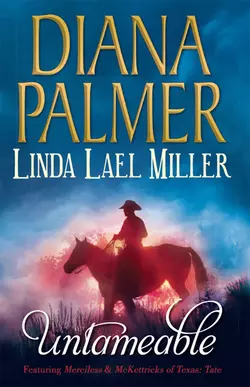Untameable: Merciless

Diana Palmer и Linda Lael
Тип: электронная книга
Жанр: Современные любовные романы
Язык: на английском языке
Стоимость: 766.24 ₽
Статус: В продаже
Издательство: HarperCollins
Дата публикации: 16.04.2024
Отзывы: Пока нет Добавить отзыв
О книге: Let Diana Palmer and Linda Lael Miller take you to the dusky plains of Texas – where the men are real men and love stories are built to last! Former Navy Seal Jon Blackhawk wasn’t afraid of anything, even a psychotic killer. Until his assistant, Joceline, and her precious son came under threat. He’d lay his life on the line to keep them safe, but is he ready for the ultimate job of husband and father?Tate McKettrick’s a powerful rancher and capable single dad, but he’s been immune to a woman’s love since his ex-wife walked out. Now high-school sweetheart Libby’s back in town and needs his help. She might also be the only girl who can find a way into the cowboy’s guarded heart…Have these alpha males met their match?